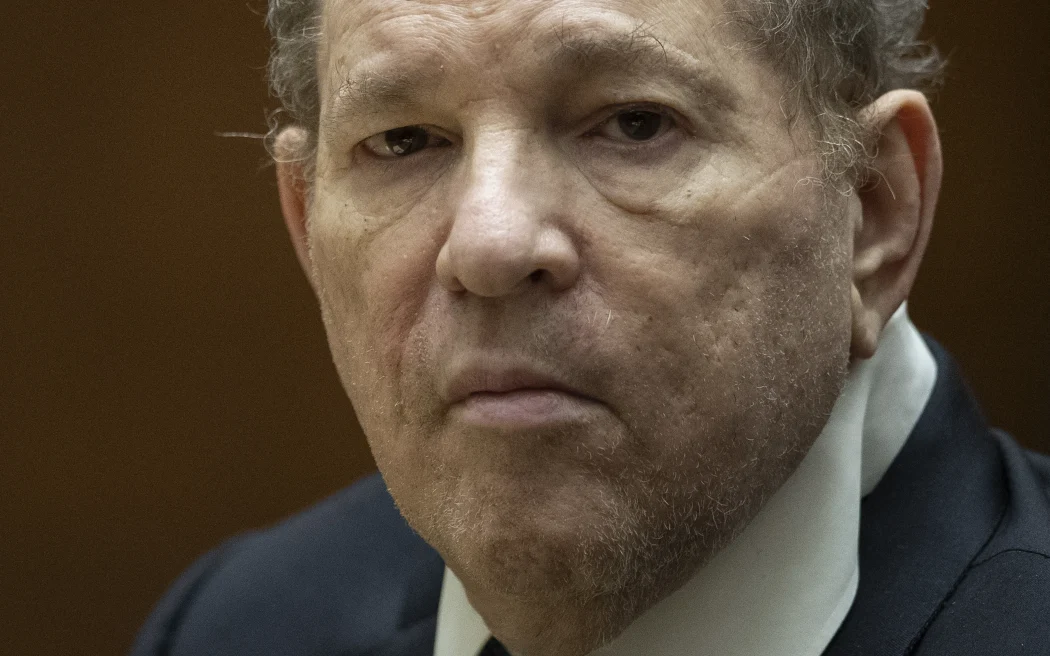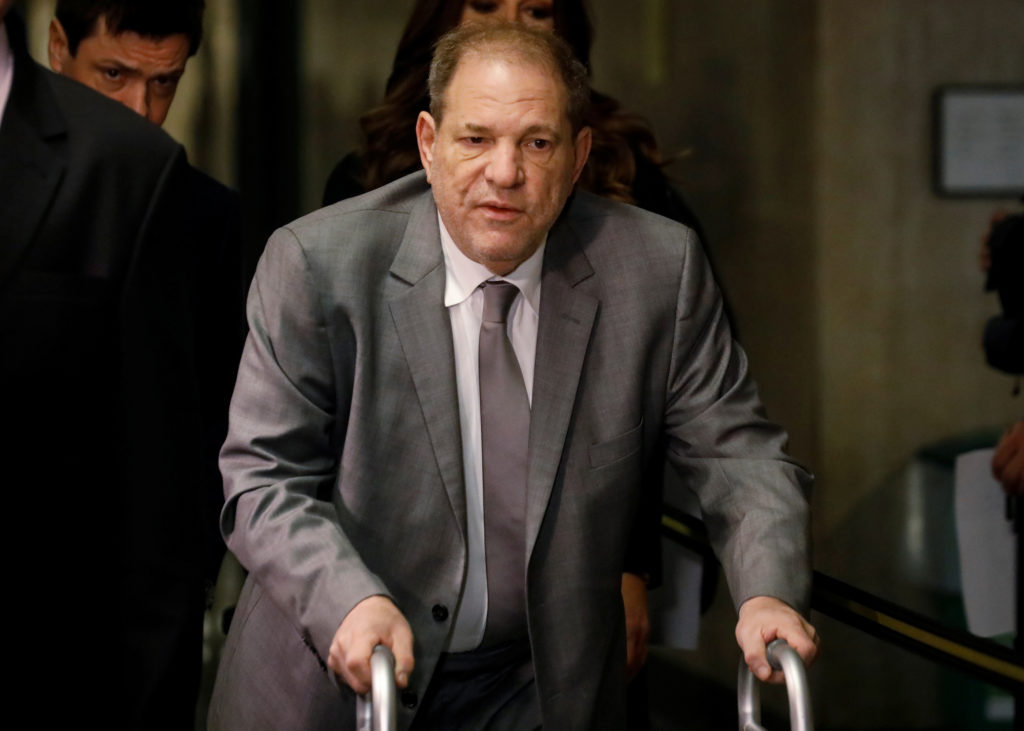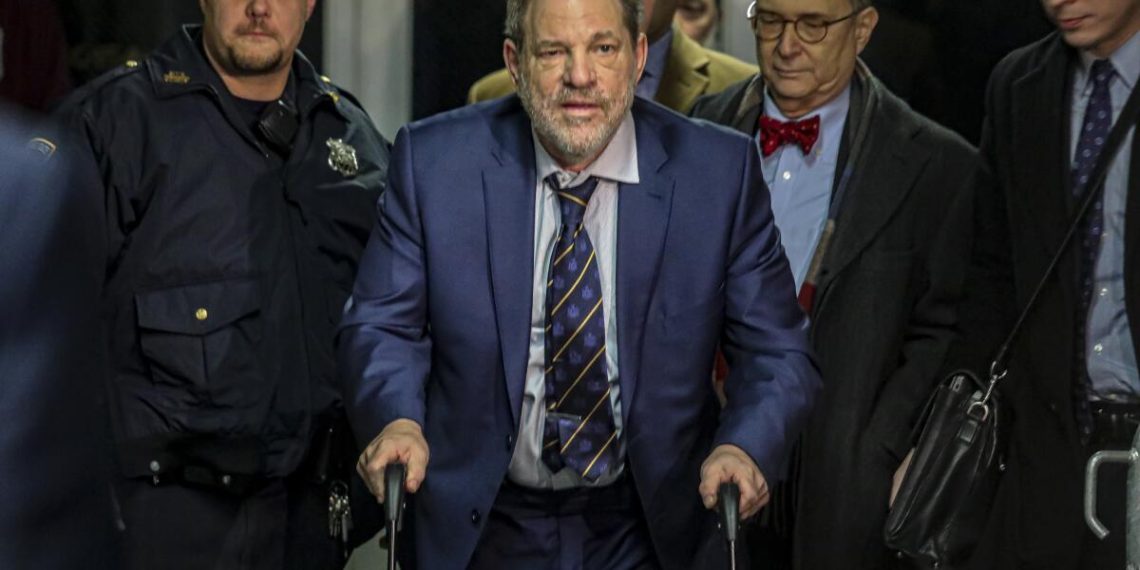New York’s highest court overturned Harvey Weinstein‘s 2020 sexual assault and rape conviction, reopening a case pivotal to the #MeToo movement, indicating the challenges in holding powerful figures accountable for sexual misconduct.
The decision followed a bitterly divided 4-3 ruling by the state Court of Appeals, pointing out a significant error in allowing testimonies unrelated to the charges against Weinstein. This ruling potentially tainted the trial’s credibility, prompting the court to order a retrial.
Weinstein, a former Hollywood mogul serving a 23-year sentence, faced accusations from multiple women, leading to his initial conviction.

The appeals court found procedural flaws, including the admission of testimony outside the scope of charges and limitations on Weinstein’s defense testimony.
As a result, the court deemed a retrial necessary, emphasizing the importance of a fair and unbiased judicial process.
The decision evoked mixed reactions, with Weinstein’s accusers expressing disappointment and condemnation.
Many saw the initial conviction as a significant milestone for the #MeToo movement, offering hope for justice and accountability in cases of sexual misconduct.
The prospect of a retrial reflects the ongoing struggle to address systemic issues of power dynamics and accountability in cases involving influential individuals.

Weinstein’s legal team welcomed the decision, portraying it as a step towards rectifying alleged injustices in the previous trial.
They emphasized Weinstein’s readiness to testify in his defense, highlighting his desire to present his version of events.
However, the decision’s broader implications extend beyond Weinstein’s case, raising questions about the legal framework surrounding sexual assault cases and the need for comprehensive reforms.


















